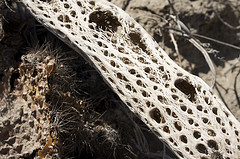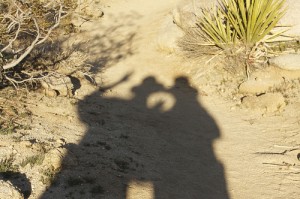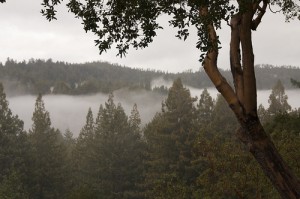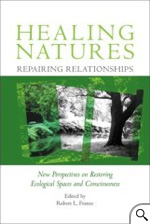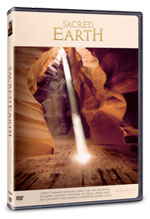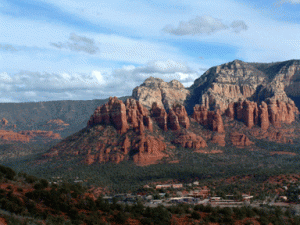Prayer Of the Animals
by David Sparenberg
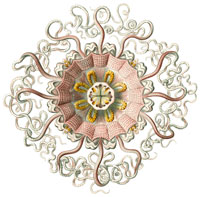
Our kin,
who now possess the land
where once we roamed,
plentiful and free,
lead us not into extinction,
but deliver us from the devouring
dis-ease of human greed.
Give us this day
(even unto the seventh generation)
a belonging-place to be
what we are, and in harmony
with All Our Relations.
For yours is the power
to restore or further destroy
the Sacred Hoop of Creation.
Make a warrior’s choice
by honoring unity in diversity
of the Great Mystery.
Let Spirit guide you
back to Creator’s vision-dream:
We Are All One Family.
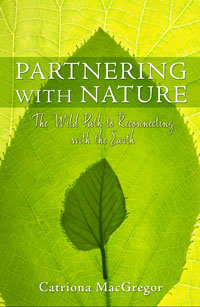 “Partnering With Nature”
“Partnering With Nature”

